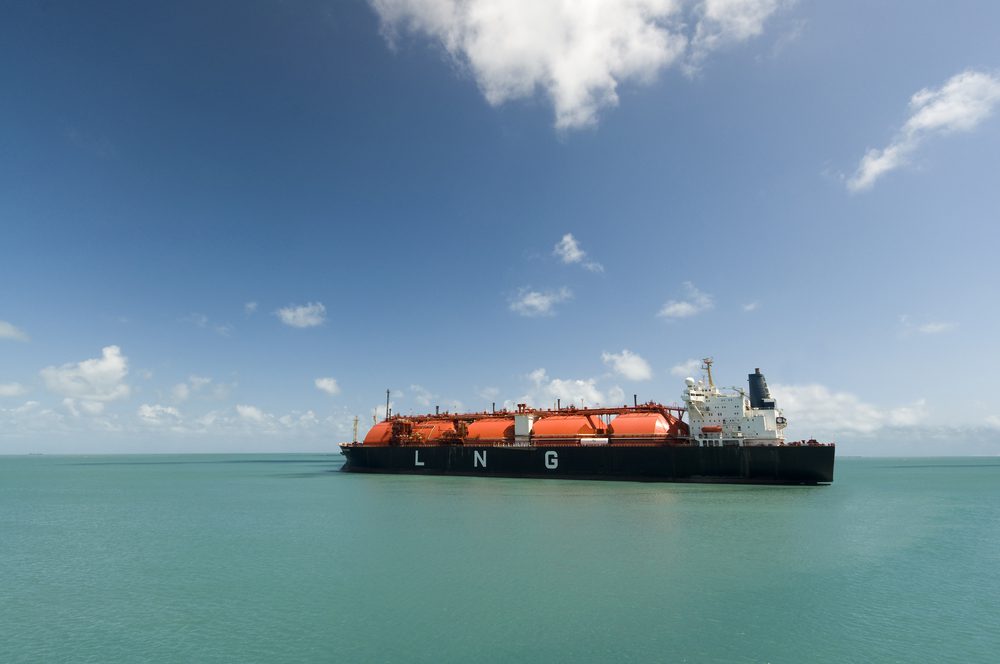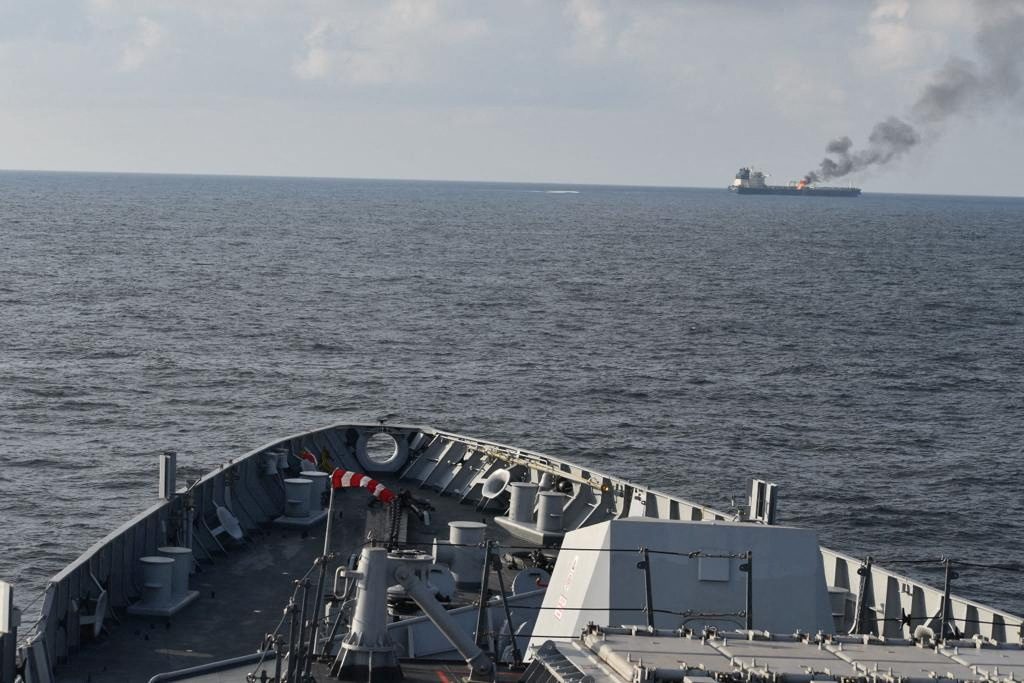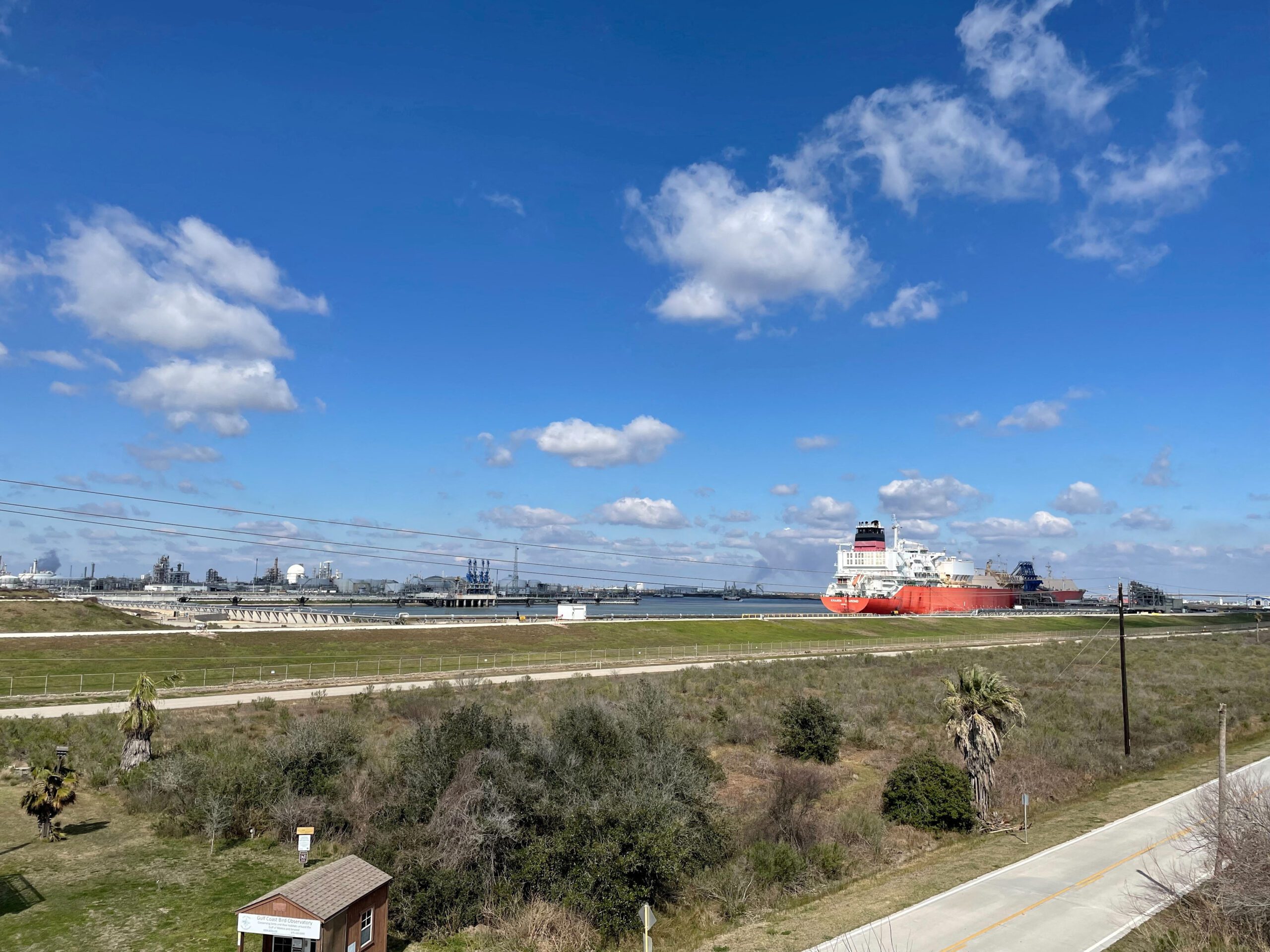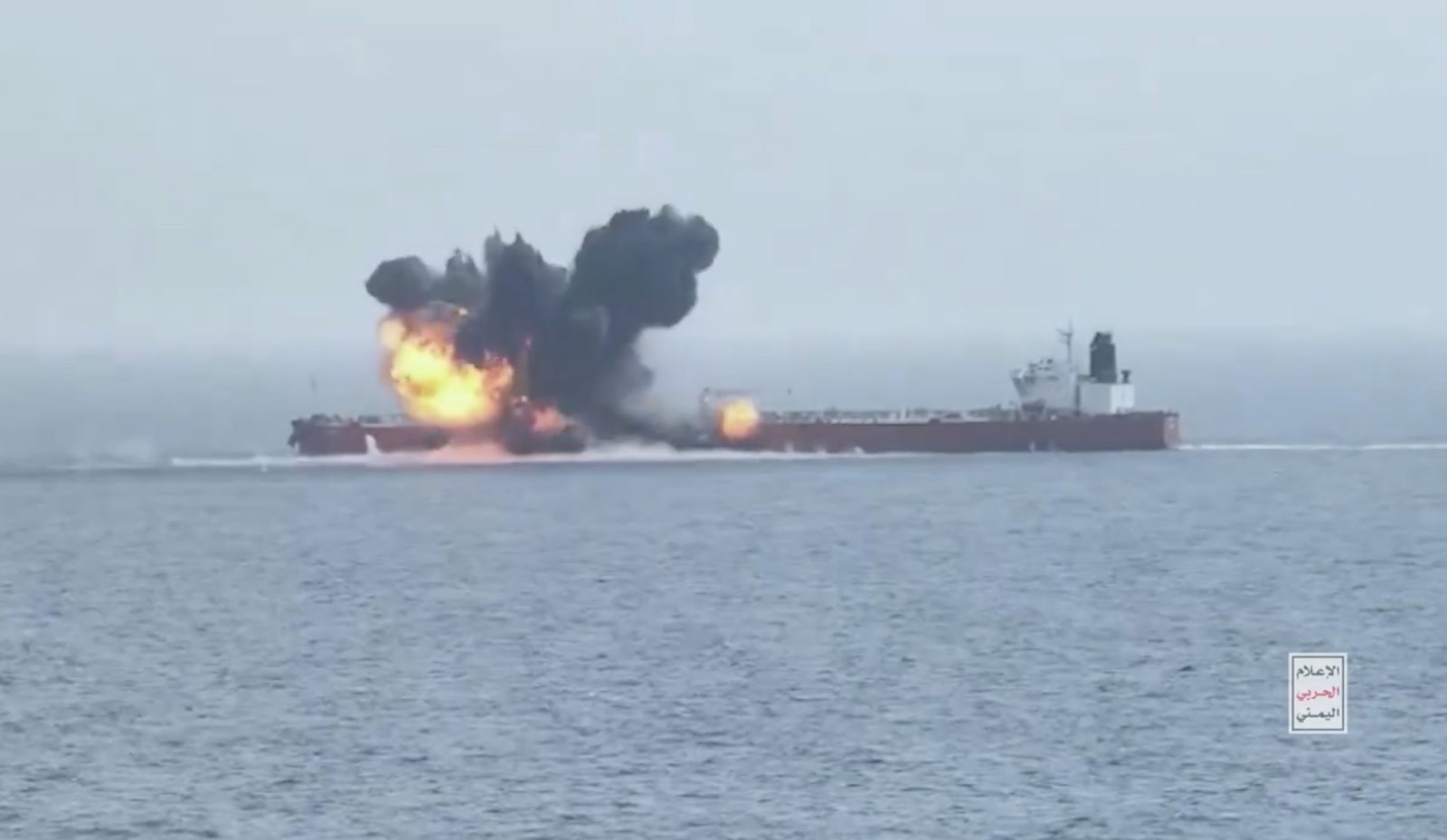MARAD determination letter reveals a sudden weekend scramble to waive the Jones Act to avoid what Puerto Rico’s governor described as an imminent power emergency.
A determination letter from the U.S. Department of Transportation’s Maritime Administration is shedding new light on the Jones Act LNG waiver issued by the Department of Homeland Security earlier this week, including the urgency and speed at which it was requested and then issued over the weekend.
The letter was sent last Sunday, October 16, by MARAD Administrator and US Maritime Service Commandant Ann Phillips to W. Richmond Beevers at the U.S. Customs and Border Protection in response to an urgent request submitted on Saturday for a U.S.-flag market availability survey required of MARAD as part of the Jones Act waiver process.
Based on details on the letter, the waiver request was made to the CBP on Saturday, Oct. 15, by Naturgy Aprovisionamientos (Naturgy) and AES Andres, a Dominican power company, asking for a waiver for the next-day delivery of 30,000 cbm of LNG from the Dominican Republic. CBP sent the availability survey request to MARAD that same day along with a two-hour deadline of 5 p.m. Saturday.
The “temporary and targeted” waiver was granted the next day on Sunday, October 16, by DHS Secretary Alejandro Mayorkas to “address the unique and urgent need for liquified natural gas in Puerto Rico.”
The waiver was the second issued under unusual retroactive circumstances by the DHS in response to Hurricane Fiona relief efforts. The first was requested by BP in late September to allow a foreign tanker, the GH Parks, to deliver diesel to the island. At the time of the request, GH Parks had already departed the U.S. with the cargo. News of its arrival in Puerto Rico caused public and political outcry leading up to the waiver’s approval days later, which prompted a furious response from American maritime industry interests who called it out as being illegal and unjustified.
From Phillips’ letter, we’re now learning that in both cases the waivers were requested after the cargoes had already departed the U.S. mainland on foreign-flagged vessels—presenting a situation Phillips notes is “novel and problematic.”
A bipartisan group of House lawmakers are now demanding answers from Secretary Mayorkas on his decision to grant the waivers.
“As with the previous waiver, the decision to approve was made in consultation with the Departments of Transportation and Energy to assess the justification for the waiver request and based on input from the Governor of Puerto Rico and others on the ground supporting recovery efforts,” Secretary Mayorkas said in a statement announcing the LNG waiver.
Jones Act LNG Waiver
Phillips’ letter included details about the LNG waiver that were not previously included in Secretary Mayorkas’ announcement late last Sunday. According to the letter, the waiver request was to allow a Marshall Islands-flagged LNG carrier, Methane Princess, to transport 30,000 cbm of LNG from the Dominican Republic to Puerto Rico. The issue was the cargo originally left Louisiana on a foreign-flagged vessel back on October 1 and had only been stored in the Dominican Republic, therefore Jones Act restrictions applied for its transshipment. The waiver explicitly requested the delivery of the LNG cargo no later than Sunday, October 16.
Naturgy operates the EcoEléctrica power plant, which according to its website supplies about 20% of Puerto Rico’s power, along with an accompanying LNG receiving terminal—one of only two on the island—in Penuelas, Puerto Rico.
(Naturgy also supplies foreign-sourced LNG to the Puerto Rico Electric Power Authority under a long-term contract covering annual volumes of 2 billion cbm per year. Puerto Rico relies on imported LNG, mainly from Trinidad and Tobago and none from the U.S., for power generation)
In her determination letter, Phillips writes that MARAD was alerted by “other federal agencies” and had also reviewed a letter from Puerto Rico’s Governor expressing that the EcoEléctrica power plant had less than 24 hours of LNG left.
“In that letter, the Governor—the principal leader responsible for response and recovery efforts on the island— describes an ongoing emergency where power outages [sic] “could continue if we are unable to replenish LNG to EcoEléctrica, since it only has enough LNG to continue to generate electricity for less than 24 hours. This could also affect hospitals and businesses, which is particularly damaging considering that we are still recovering from Hurricane Fiona,”” Phillips writes, including a quote from the Governor’s letter.
(Governor Pedro Pierluisi apparently also sent a similar letter in the case of the GH Parks describing an emergency shortage of diesel, a claim that was in contrast to U.S. government agency reports and refuted by Puerto Rico’s own congresswoman. He also earlier asked President Biden for a temporary waiver for all “petroleum-derived products and LNG” to the island.)
Retroactive Request
Echoing a response she made in reference to the GH Parks request, Phillips’ letter in response raised the the issue of conducting retroactive availability surveys.
“MARAD cannot conduct a retroactive market survey of vessel availability for the waiver request… because the relevant transportation commenced October 1,” the letter states. Nevertheless, MARAD conducted the survey and “continued to engage industry members with capacity until 8:00 a.m.” on the day the delivery was supposed to be made.
MARAD did find one vessel: Harvey Gulf’s Q-LNG 4000, which could be available October 18—two days after the deadline. To be clear, the United States does not have any significant LNG shipping capacity. The Q-LNG 4,000 is an LNG bunkering barge that primarily refuels new-generation cruise ships in Port Canaveral, Florida. Its capacity is only 4,000 cbm.
“If the national defense requirement is determined to be delivery of LNG by October 16, 2022, then based on the results of the survey and ongoing outreach to industry and Federal agency partners, no U.S.-flag vessels appear to be available to deliver fuel today,” she responded.
The letter also left open the possibility that another waiver could be in the works.
“CBP has also requested a market survey to determine whether there are any coastwise- qualified vessels already on the water with intended delivery of LNG to the EcoElectrica LNG terminal in Penuelas, Puerto Rico, and if so, what their anticipated arrival and delivery dates are; and the availability of coastwise-qualified vessels that can deliver 30,000 cubic meters (or other quantity) of LNG to the EcoElectrica LNG terminal… between October 17 and October 26, 2022.”
For that request, Phillips responded that MARAD is working on a market survey regarding the matter and would respond in a separate letter.
‘Novel and Problematic’
Phillips concludes her letter by expressing an apparent grievance with the unusual waiver request process, again reiterating a similar line she used in her previous determination letter related to the GH Parks.
“The waiver request made by the Naturgy and AES is novel and problematic,” she writes. “We propose that we meet at your earliest convenience to discuss the survey process in such scenarios.”
Similar wording was included in the GH Parks determination: “In addition, the waiver request made by the GH Parks while underway is novel and problematic.” In that case, MARAD did conduct the retrospective survey and found six U.S.-flag tankers that could have been available on the previous date.
AIS data shows the Methane Princess departed the Port of Guayanilla, where the EcoEléctrica plant and receiving terminal is located, on October 18.
According to some in the domestic maritime industry, these latest waivers are just more examples of the Jones Act—the bedrock of the domestic maritime industry—becoming a scapegoat following natural disasters, such as hurricanes, or other crises, like the Colonial Pipeline hack or rising gas prices.
Sam Norton, President of Overseas Shipholding Group which operates in both the Jones Act and international tanker markets, wrote the following in a recent LinkedIn post:
“Yet another “targeted waiver” of the Jones Act was granted over the weekend; this time to allow US-sourced LNG to be transshipped from the Dominican Republic to Puerto Rico. Free market champions will cheer this development as one more example of the failure of the Jones Act to meet market needs at a reasonable price. Yet, anyone believing that consumers in Puerto Rico will benefit from this waiver are naïve.”
With New England governors already jockeying for a suspension of the Jones Act amid concerns about soaring fuel costs heading into winter, we suspect more pressure on the Jones Act in the months ahead.
We reached out to Naturgy for comment but have not heard back.
You can read Phillips’ determination letters here and here.
Unlock Exclusive Insights Today!
Join the gCaptain Club for curated content, insider opinions, and vibrant community discussions.

 Join The Club
Join The Club













